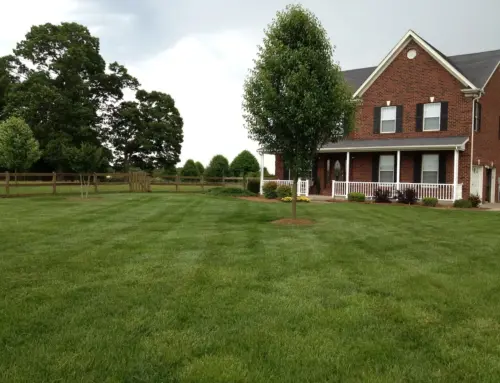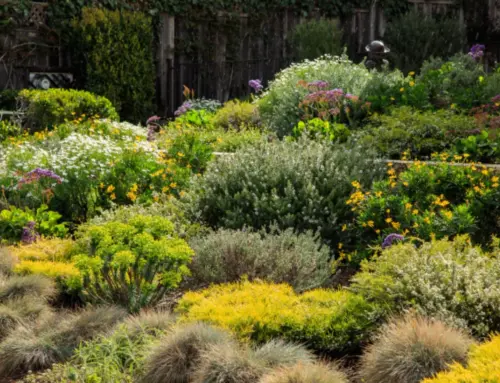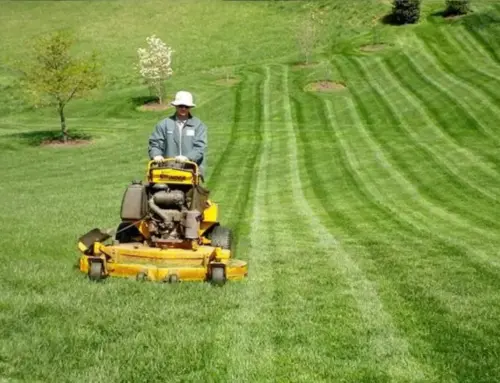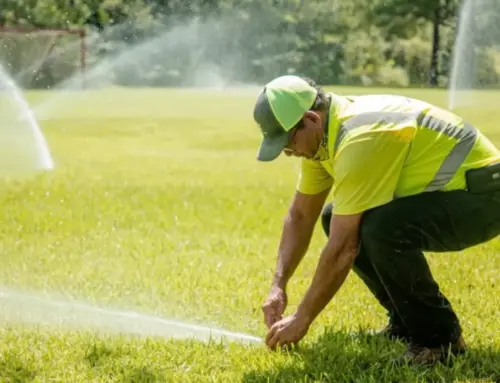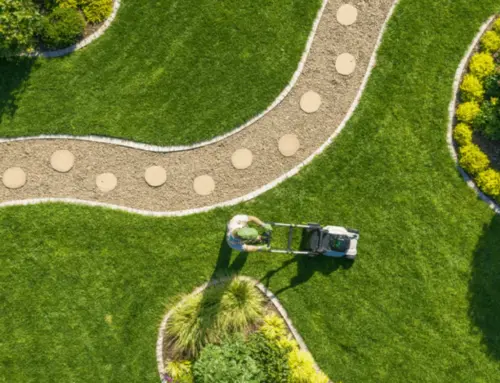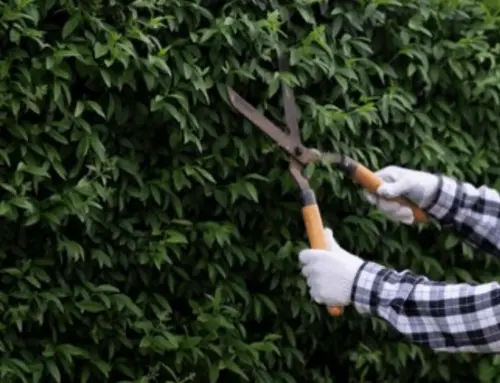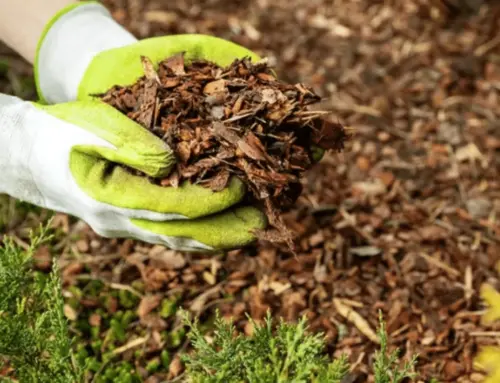When creating and maintaining a thriving and vibrant landscape, the foundation upon which it rests is often overlooked—the soil. At Performance Lawn and Landscapes, we understand that soil is a living ecosystem that is crucial to the health and vibrancy of your plants.
Soil testing is a valuable tool that allows us to assess the soil’s composition and characteristics, helping us tailor our landscaping efforts to provide the best possible environment for your plants to flourish.
Why is soil testing important for landscaping?
- Understanding Soil Composition: Soil varies widely in composition, pH levels, nutrient content, and drainage capacity. Soil testing provides crucial insights into these factors, enabling us to select the right plants and make informed decisions about soil amendments.
- Optimizing Fertilization: Soil tests reveal nutrient deficiencies or excesses, allowing us to customize fertilization plans to meet the specific needs of your landscape. This approach promotes healthy growth, minimizes waste, and reduces the risk of over-fertilization.
- pH Adjustment: Soil pH significantly impacts nutrient availability. Soil testing helps us determine whether your soil is too acidic or alkaline, allowing us to adjust pH levels for optimal plant health.
- Preventing Plant Stress: By identifying soil compaction issues and drainage problems, soil testing helps prevent root stress and root rot, two common issues in landscaping. Proper soil conditions promote robust root development.
- Evaluating Soil Contaminants: Soil tests can detect hazardous substances like heavy metals or pollutants, which are essential to address for the health and safety of your plants and the environment.
How is soil testing done?
Soil testing is a crucial process that involves a series of steps to assess the composition and characteristics of soil. Here’s how soil testing is typically done:
- Sample Collection: The first step is to collect soil samples from the area of interest. Samples should be taken from multiple locations within the site to ensure representativeness. Depending on the specific analysis needed, samples may be collected at different depths, usually 0-6 inches for lawns and gardens.
- Sample Preparation: Once collected, the soil samples are air-dried and mixed thoroughly to create a composite model. This ensures that the test results represent the overall soil condition of the area.
- Laboratory Analysis: The composite soil sample is sent to a professional soil testing laboratory. Technicians conduct various lab tests, including pH measurement, nutrient analysis (nitrogen, phosphorus, potassium, etc.), organic matter content assessment, and texture determination (sandy, loamy, clayey).
- Interpretation: After the laboratory analysis is complete, experts interpret the results. They provide recommendations based on the site’s specific needs, which may include adjusting pH levels, recommending specific fertilizers, or addressing drainage issues.
- Customized Recommendations: Soil test results guide landscaping decisions, helping to tailor planting choices, fertilization schedules, and soil amendments to optimize plant health and growth.
Professional soil testing ensures accurate and comprehensive data, providing valuable insights to create the ideal conditions for plants to thrive.
Can soil testing improve plant growth?
Yes, soil testing can significantly improve plant growth by providing essential information about the soil’s composition and characteristics. Here’s how soil testing contributes to healthier and more vibrant plant growth:
- Optimized Nutrient Levels: Soil tests identify nutrient deficiencies or excesses, enabling precise and tailored fertilization. By supplying the right nutrients in the right amounts, plants receive the nutrition they need for robust growth, lush foliage, and vibrant blooms.
- pH Adjustment: Soil testing reveals the soil’s pH level, directly impacting nutrient availability. Adjusting pH to the ideal range ensures that plants can efficiently uptake essential nutrients, preventing nutrient deficiencies or toxicities that can inhibit growth.
- Better Drainage: Soil tests can detect compaction issues or poor drainage, leading to soggy roots and root rot. Correcting these problems ensures plants have the proper oxygen and moisture conditions for healthy root development and growth.
- Plant Selection: Soil testing helps select plants that are well-suited to the specific soil conditions of your landscape. This ensures that your chosen plants have the best chance of thriving.
- Environmental Sustainability: Customizing landscaping practices based on soil test results reduces the need for excessive fertilization, minimizing the risk of nutrient runoff and its ecological impact.
Soil testing is a fundamental step in landscaping and plant care. It offers insights that help you create an optimal environment for your plants, fostering their health, resilience, and overall growth.
Are DIY soil testing kits accurate?
DIY soil testing kits can provide a basic assessment of certain soil parameters like pH and nutrient levels, but their accuracy may be limited compared to professional laboratory testing. Consider these essential factors regarding the accuracy of DIY soil testing kits:
- Limited Scope: DIY kits typically offer a simplified analysis, focusing on a few essential soil properties. They may need to provide comprehensive data for more precise soil management.
- User Error: The accuracy of DIY tests heavily relies on the user’s ability to follow instructions meticulously, collect representative soil samples, and perform the tests correctly. Errors in any phase can produce erroneous results.
- Proficiency: Interpreting DIY test results may require some soil science and chemistry knowledge. With expertise in these areas, making infeasurions based on the data can be challenging.
- Precision: Professional soil testing laboratories have access to specialized equipment and experienced technicians, ensuring greater analysis accuracy and reliability.
While DIY soil testing kits can serve as a preliminary assessment, they are not a substitute for professional soil testing, particularly when precise and comprehensive data is required for landscaping, agriculture, or environmental management decisions.
What’s the cost of professional soil testing?
The cost of professional soil testing can vary based on scope, the analysis and the location of your landscape. Generally, the price should range from $20 to $100 per sample. However, this investment is valuable, as it provides critical information to guide your landscaping efforts effectively and efficiently.
Soil testing is a fundamental component of successful landscaping. It empowers us at Performance Lawn and Landscapes to make informed decisions, tailor our approaches to your landscape’s unique needs, and ultimately create a lush and thriving outdoor environment.
By prioritizing soil health, we ensure that your plants receive the optimal conditions they require to flourish, all while promoting sustainability and environmental responsibility in our landscaping practices. Contact us for more information!


